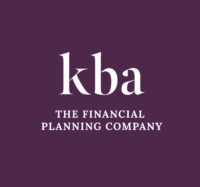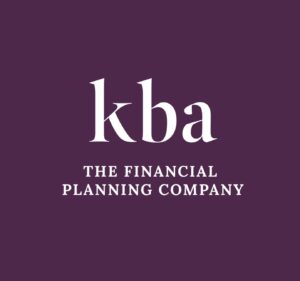Being able to pass on your wealth to your loved ones may be among your financial priorities. One of the challenges of ensuring you leave the legacy you intend is tax on your estate, namely Inheritance Tax (IHT).
In the weeks before the 2024 Autumn Budget, there was a lot of talk about all the different ways chancellor Rachel Reeves might change IHT rules as part of her mission to raise taxes by £40 billion.
A cursory glance may leave you with the impression that IHT was left mostly undisturbed. Inspect the proposed changes in more detail, though, and you’ll find one proposal that may mean you need to rethink your current estate plan – as Reeves announced that the pension funds IHT “loophole” would be closed.
Under existing rules, you can transfer unused pension funds to your beneficiaries without the assets becoming subject to IHT. From 6 April 2027, this will no longer be the case.
Inheritance Tax thresholds have been frozen until 2030
Let’s start with what’s not changed.
Rachel Reeves confirmed that the two main IHT allowances will remain fixed at current levels until April 2030.
The nil-rate band remains fixed at £325,000 and the residence nil-rate band continues at £175,000, if you pass your main residence to your direct descendants, such as your children or grandchildren.
Together, these thresholds allow you to pass up to £500,000 to beneficiaries tax-free.
The standard IHT rate will remain at 40%, and is only charged on the part of your estate that’s above the threshold.
Because IHT thresholds have been unchanged since 2009, an increasing number of families are finding themselves subject to IHT.
Unused pension funds will be subject to Inheritance from April 2027
From April 2027, the “loophole” that allowed you to leave unused pension savings to beneficiaries without paying IHT will be closed.
So, in a little over two years from now, if you leave your pension funds to beneficiaries, those assets will be subject to IHT.
As such, if you have pension savings that you’ve earmarked to pass to your children or grandchildren due to existing IHT rules, you may wish to reconsider and adjust your plans.
Read more: 5 ways to avoid being caught out by Inheritance Tax
The government estimates that this change will affect around 8% of estates. If you count among them, it might be wise to rethink your plans now.
Fortunately, there may be alternative ways to distribute your wealth tax-efficiently to protect it from being eroded by IHT following your death.
The first solution is to simply increase your retirement income and spend it while there’s time.
Another option is to start gifting more of your wealth while you’re still alive.
Use your pension savings to increase your income and make regular gifts free of Inheritance Tax
You might wish to explore “gifting through income”.
In simple terms, this would work by increasing the amount of money you withdraw from your pension. This would boost your income and allow you to regularly pass extra funds to your loved ones.
Examples of how you could use this handy gifting method include:
- Paying into a savings account for children under the age of 18
- Helping loved ones cover their mortgage, rent, or utility bills
- Providing financial support to an elderly relative.
To ensure your financial gifts remain free of IHT, there are certain rules that you’ll need to adhere to. Payments should be:
- Made regularly
- Paid out of your regular monthly income
- Afforded without affecting your own standard of living.
It’s crucial that gifts from income are considered part of your normal expenditure. This means you’ll need to show a pattern of payments over an extended period of time.
Typically, HMRC look back over the past three or four years to see how often you made the payments.
Unlike other gifting rules, gifts from income fall outside your estate right away and aren’t subject to the seven-year rule.
Leave a lasting legacy
We can help make sure more of your money goes to the people who matter. And because tax is only part of the estate-planning equation, we’ll work with you to ensure your family assets are protected in the long term.
We’re here to help you make the right choices now so you can leave a wonderful legacy for generations to come.
Get in touch
If you’d like to discuss how you and your loved ones might benefit from the “gifting from income” rule, or anything else related to your estate plan, please get in touch.
Email contactme@kbafinancial.com or call us on 01942 889 883.
Please note
This article is for general information only and does not constitute advice. The information is aimed at retail clients only.
HM Revenue and Customs’ practice and the law relating to taxation are complex and subject to individual circumstances and changes which cannot be foreseen.
The value of investments and any income from them can fall as well as rise and you may not get back the original amount invested.
The Financial Conduct Authority does not regulate estate planning or tax planning.
Approved by The Openwork Partnership on 29/11/2024.



